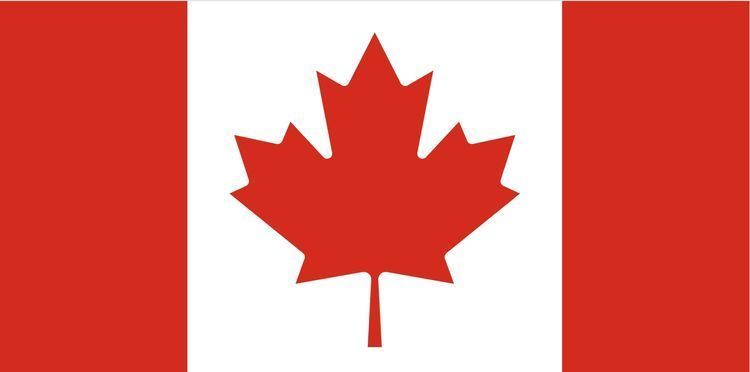
By Steve Sailer
02/19/2015
p> From Maclean’s:
Who doesn’t get into Canadap> Emphasis on applicants from Asia, as opposed to, say, the Caribbean, has drawn fire. Are we engaged in country profiling?
p> Charlie Gillis June 17, 2010
p> Midway through last summer, when much of official Ottawa was away at the cottage, a revealing document landed on the desk of Canada’s top immigration bureaucrat, deputy minister Neil Yeates. Prosaically titled “Social and Economic Outcomes of Second Generation Youth,” the four-page memo showed little regard for the political correctness typical of government correspondence. “Chinese and South Asians are the most likely to have university degrees or higher, and to be employed in high-skilled occupations,” observed the summary, which was prepared by departmental bureaucrats and released recently through access to information. Second-generation youth of Caribbean and Latin American origin don’t fare so well, the memo went on; they tend to obtain lower levels of education than native-born Canadian kids and wind up in less skilled jobs.
p> To Richard Kurland, the Vancouver-based immigration lawyer who dug it up, the document confirmed “what everybody in the business has known for a long time.” For years, the government has been gathering data on the performance of newcomers and their children based on ethnicity, he notes, and while immigration officials deny they use information to identify the best countries from which to recruit, the numbers tell a different story. Since 1999, China and India have been the top two source countries for immigrants to Canada, averaging about 60,000 landings per year, while the number coming from the Caribbean has fallen sharply. Immigration from the West Indies had fallen 45 per cent below levels seen in the early 1990s, according to figures compiled by Statistics Canada, when more than 16,000 from that region were entering the country annually.
p> And these days, equipped with new legislative powers, the government is able to pick and choose more aggressively than ever. …
p> Still, both the memo and numbers reflect a preoccupation that has come to define the Harper government’s approach to immigration: which applicants offer the greatest long-term value — now or a generation or two down the line?
Thinking a generation or two down the line is just plain un-American.
… The sense of unequal treatment rankles people like Jessica Thomas, a 29-year-old Barbudan-Canadian who lives in Toronto. Four years ago, she married a man from Barbuda here in Toronto and became pregnant. But after her husband, Nicholas, returned a few weeks later to the tiny Caribbean island to care for his ailing father, he found he couldn’t get back; evidently, officials suspected the marriage was a sham. Thomas was infuriated (“Who spends $40,000 on a sham wedding?”), not least by the contempt she says the couple encountered at Canada’s high commission in Trinidad. “I’ve found them very rude,” she says, pointedly noting that top positions at the mission appear to be occupied by Asians, Indians and white people. “Maybe they look at people who come from the Caribbean and live off the system. Well, we’re not in that category.”
Or maybe the Asians and Indians who have gotten cushy jobs in Canada’s high commission offices in the Caribbean don’t like black people and want to keep blacks out so there will be more room in the system for their kind of people to immigrate to Canada? East Asians and Indians aren’t dumb, so they’re not going to make white people’s mistakes and hand out visas to people they don’t want around.
p>
This is a content archive of VDARE.com, which Letitia James forced off of the Internet using lawfare.